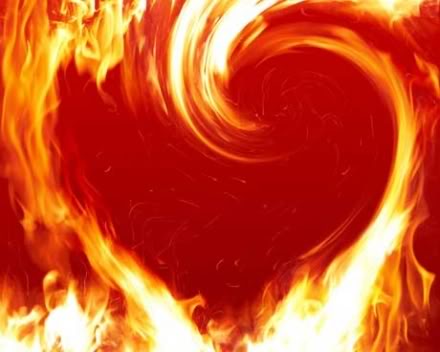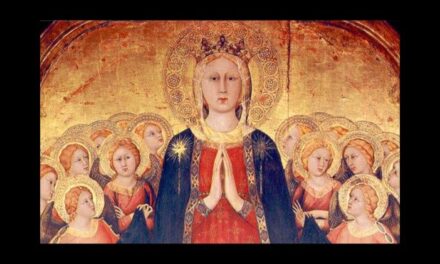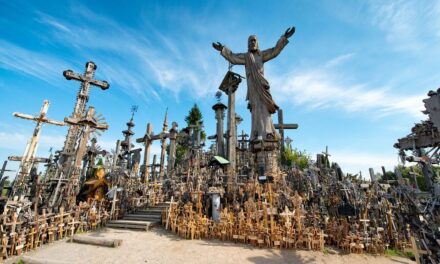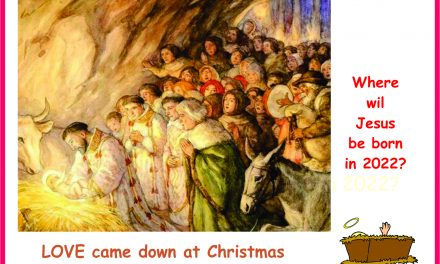December 11. Canticle 6. PRAISED be YOU, my Lord through Brother Fire, through whom you light the night, and he is beautiful and playful and robust and strong. While fire existed in nature the control of fire by early humans, from as early as a million years ago, was a turning point in their evolution and in civilization. Fire provided a source of warmth, a method for cooking food, a way to create tools and protection from predators. This discovery allowed more human activity and ongoing innovations in behaviour. The use and role of fire in creation has changed dramatically over time from burning oil for lamps and cooking to superheating used in technological applications today. While fire has great and positive benefits, its dangers have also always been apparent; it has been used as a weapon of war, for the destruction of homes and people. Naturally occurring fire in nature, in the form of lightning and volcanoes has tremendous force that is yet untapped as a source of energy.
Fire is important in the context of climate change and the need for ecological conversion. Although burning is at times beneficial in nature, the volume and severity of wild-fires have ravaged many parts of countries in recent years, causing enormous loss of vegetation and biodiversity in general. Through loss of domestic and wild animals as well as small creatures and insects ecosystems are seriously affected. Burning of Amazon and other natural rain forests for planting of single-purpose crops may have various commercial benefits but are these outweighed by the negative aspects? Loss of natural vegetation, flora and fauna and the effects of these fires as pollution in the atmosphere contribute to global warming.
Fire is not only a physical element in creation but has social and spiritual dimensions too. The wealthy had ready access to fuel and could use it in many ways, while the poor often had to make great efforts to find firewood for domestic use. Fire plays a role in Scripture too. Sodom and Gomorrah and the wicked inhabitants of those cities were destroyed by fire. Burnt offerings were offered as sacrifices to gods. The fires of hell have been a constant threat to humankind. Fire was also seen as a sign of God’s presence to the Israelites in the desert and again on Pentecost Sunday when God’s Spirit appeared as tongues of fire.
Finally the concept of fire is also used symbolically. How often don’t we speak of the fire of love? The French Jesuit priest and paleontologist Pierre Teilhard De Chardin, in his book THE PHENOMENON OF MAN, wrote, “Someday, after mastering the winds, the waves, the tides and gravity, we shall harness for God the energies of love, and then, for a second time in the history of the world, man will have discovered fire.”
When the day of Pentecost had come they were all together in one place. And suddenly a sound came from heave like the rush of a mighty wind and it filled all the house. And there appeared to them tongues as of fire, distributed and resting on each one of them. Acts 2:1-3. For reflection and sharing: As family members, research, read up and share on Fire as a gift from God and its abuse by mankind. Have we been responsible? Thank God for this gift.







Recent Comments